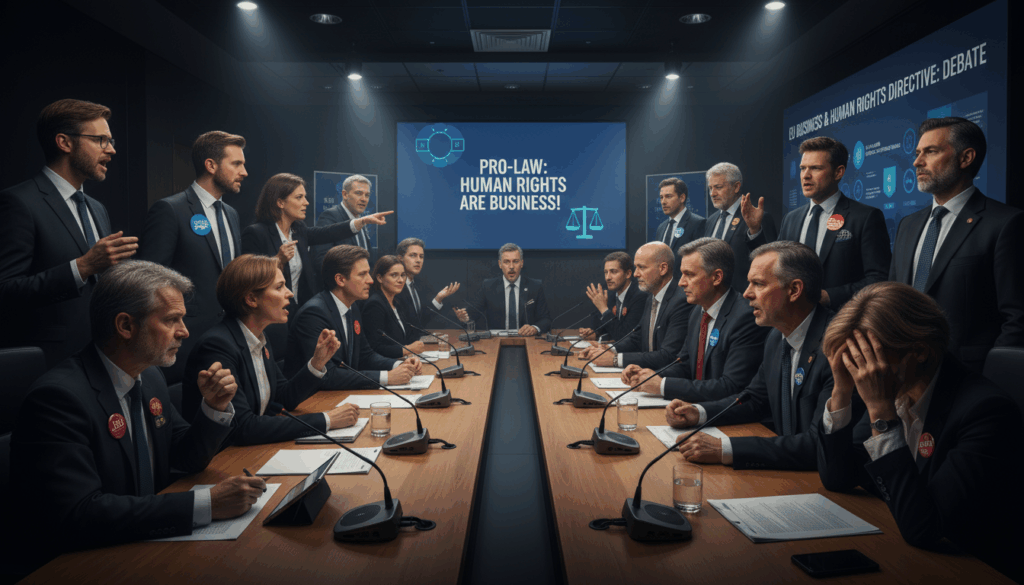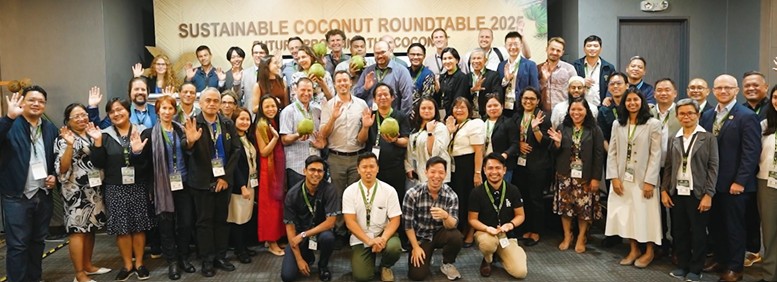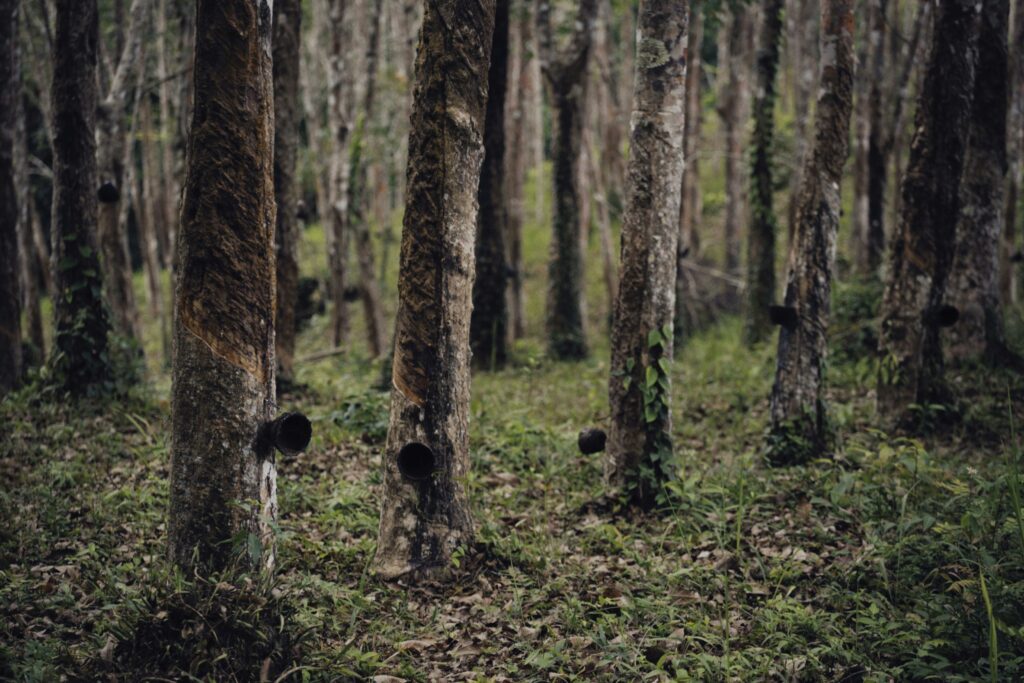With COP 30 SSP3-7.0 scenario amid fragmented cooperation, businesses must lead climate adaptation. Ksapa supports just transition at scale.
Tag Archives: Human Rights
Brazil’s $125B Tropical Forest Forever fund promises to protect rainforests. But does it prioritize profits over planet?
Given the growing limits of litigation, mediation seems to appear as a practical solution to implement strong corporate due diligence.
European businesses face trade wars, geopolitical tensions & slow growth. Learn how to build resilient operations through strategic risk management.
CSDDD faces deep cuts via EU Omnibus. Why do companies diverge? What should businesses do now to stay ahead?
Coconut supply chains face crisis. Discover scalable impact programs improving smallholder livelihoods while securing supply.
SEC Chair threatens to ban IFRS standards over sustainability reporting, undermining investor access to material financial information.
Explore how Ksapa enhances Rubber Smallholder Farmers Livelihoods through sustainable practices and capacity building in Sumatra.
Indonesian islanders sue Holcim in landmark climate case, signaling new era of corporate liability. All industries now face legal risk.
Using construction as a case study, this article explains why companies must conduct human rights impact assessment (HRIA) tailored to local contexts










